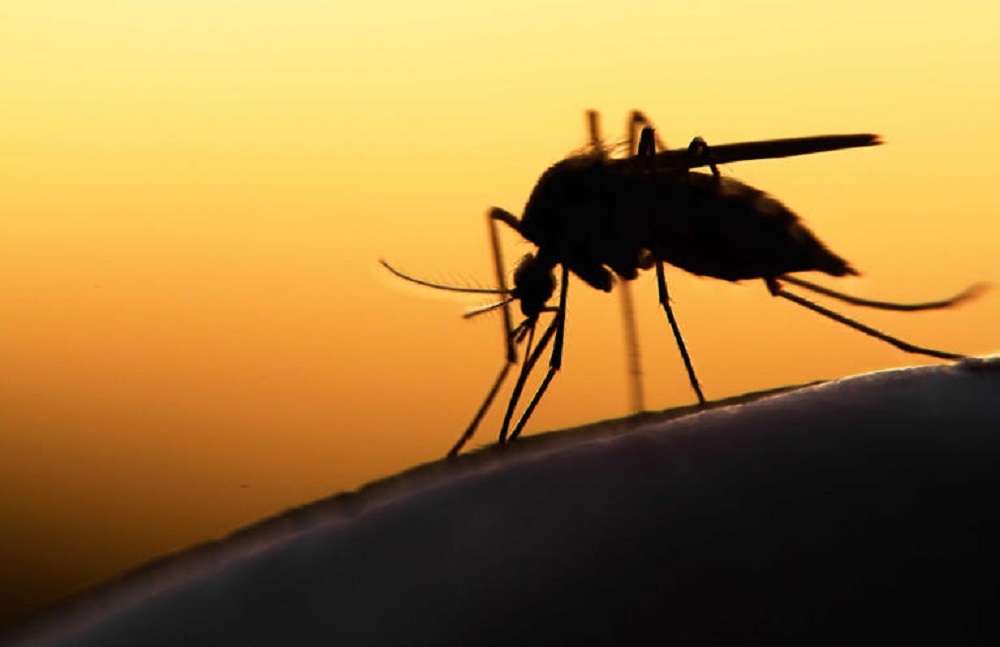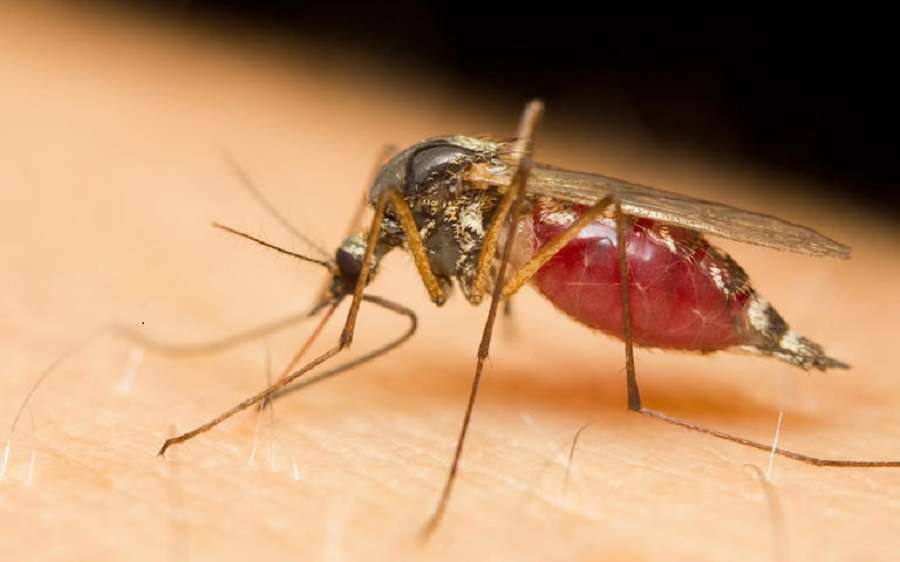One of the deadliest insects has been transformed by scientists into a vaccine delivery device. The United Kingdom has reportedly been conducting a clinical study for a method designed to distribute vaccines using mosquitoes, according to recent reports from NPR. Science Translational Medicine has published the trial’s findings.

The study claims that parasites were genetically altered to carry malaria vaccinations through mosquito bites. The idea of using mosquitoes to deliver vaccines is intriguing. On paper, it sounds horrifying, and it is much more horrifying when you see the images used in an NPR broadcast on the trial.
These images, which can be seen in the original paper, depict what happened after trial participants were bitten numerous times. Scientists injected mosquitoes with Plasmodium falciparum, a genetically modified parasite, to ensure that the vaccine had the desired effect. Similar efforts have been made by scientists in the past. CRISPR has never yet been employed to do this, though.
According to a researcher who spoke with NPR, the outcome is essentially 1,000 little flying syringes. It certainly appear that way, based on the photographs included in that report, as one image shows a participant’s arm completely covered in welts from the mosquito bites they experienced. The efficiency of utilising mosquitoes to deliver malaria vaccinations, however, remains the main issue.

The study’s findings show that 14 of 26 volunteers who were exposed to malaria became unwell. The mosquito vaccine delivery mechanism is therefore only around 50% effective. However, this does not imply that it was a failure; rather, it simply indicates that certain changes must be done. It’s also critical to understand that the scientists do not aim to release swarms of mosquitoes that have undergone genetic modification.
They prefer a more regulated method of vaccine delivery, which involves using the mosquitos. According to the researchers, releasing a large number of these mosquitoes is an intriguing idea. However, since they had no control over who was exposed to the vaccine and who received it, doing so would raise serious issues with medical consent and bioethics.





























